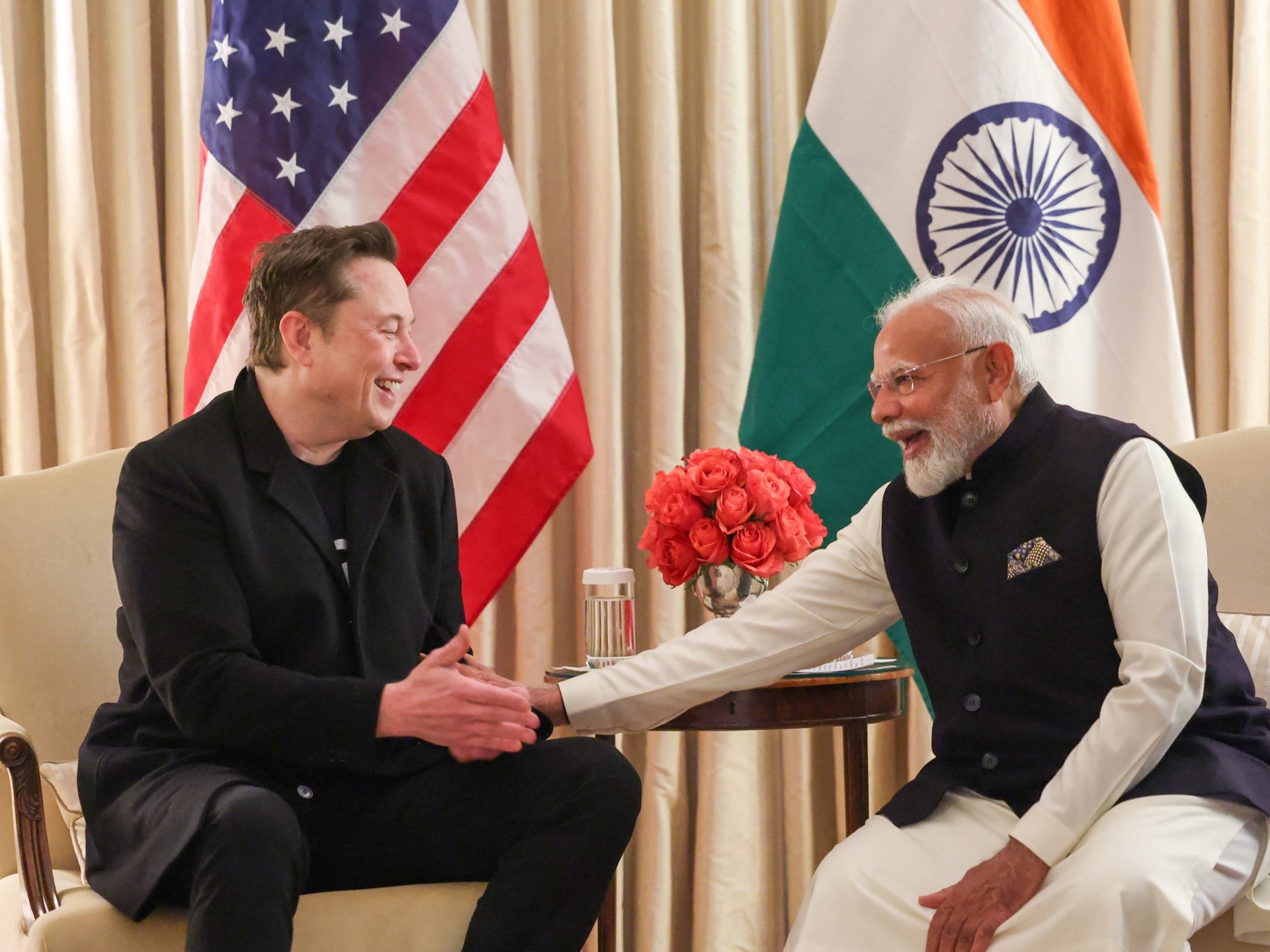After New Delhi required the social media platform to block more than 2,300 accounts, including two Reuters news agency handles, X says it is “deeply concerned about ongoing press censorship in India.”
On Sunday, Reuters News in India was reinstated after the Indian government requested its suspension, citing a legal demand.
New Delhi denies playing a role in the takedown, though many other blocked accounts were also resolved.
According to billionaire Elon Musk, X, promoted by X, claimed that the Indian government had ordered the blocking of 2, 355 Indian accounts under Section 69A of the Information Technology (IT) Act.
“Non-compliance posed a criminal risk. Without giving any justification, the Ministry of Electronics and Information Technology demanded that the accounts be blocked until further notice, and that they must do so within an hour.
The government requested X to unblock @Reuters and @ReutersWorld following a public outcry.
Under Section 69A of the IT Act, the Indian government ordered X to block 2, 355 accounts in India, including international news outlets like @Reuters and @ReutersWorld. Non-compliance posed a criminal risk. The Electronics and Information Ministry…
A representative for India’s Ministry of Electronics and Information Technology stated in a post on X post that the ANI news agency and Reuters’ partner in India had no intention of blocking any well-known international news channels, including Reuters and Reuters World.
The government immediately wrote to X to unblock Reuters and Reuters World when they were blocked on the X platform in India, according to the post. From the late night of July 5, 2025, the government was “continuously engaged and vigorously pursued with X.”
The spokesperson claimed that X “unnecessarily exploited technicalities around the process and didn’t unblock” the accounts.
In accordance with India’s IT law, which was passed in 2000, designated government officials can request the removal of content from social media platforms they believe to be in violation of local laws, including those that violate national security or those that threaten public order.
X, which was formerly Twitter, has long been at odds with the Indian government regarding content removal requests. The company sued the federal government in March over a new government website, which it claimed gives “countless” government officials more authority to do things. The investigation is ongoing.
India, the largest democracy in the world, consistently ranks among the top five nations in terms of the number of government requests to remove social media content.
Since the election of Hindu nationalist Prime Minister Narendra Modi in 2014, rights groups claim that India’s freedom of expression and press are threatened.
In times of unrest, New Delhi has consistently ordered blanket internet shut downs.
More than a dozen Pakistani YouTube channels were banned from a number of them for allegedly distributing “provocative” content following an attack in Indian-administered Kashmir in April. Many of those have been repaired.
In response to ethnic violence, New Delhi has also temporarily suspended the availability of internet in Manipur’s northeast since 2023.
In a nation where hundreds of millions of people have access to some of the lowest mobile internet rates in the world, the government has justified the government’s decision to ban social media and internet as a means of preventing disinformation.
X stated in a post on Tuesday that it was considering all legal options available to it regarding censorship, but added that Indian law had “restricted its ability to file legal challenges.”
Source: Aljazeera

Leave a Reply